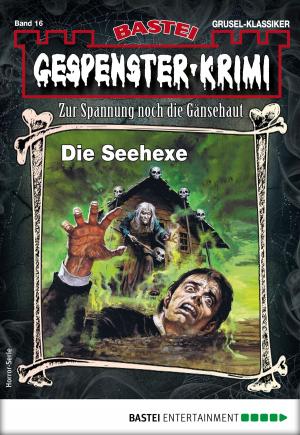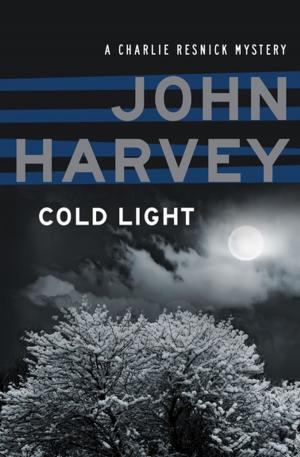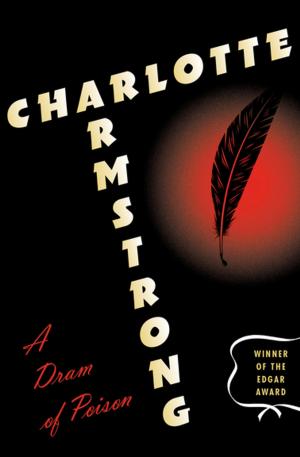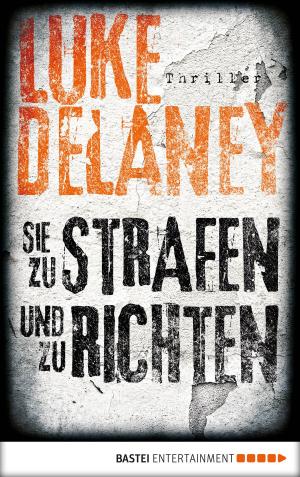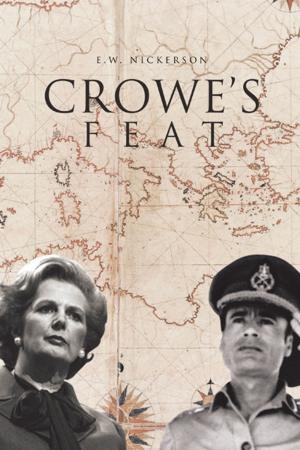| Author: | William Cone | ISBN: | 9781310232114 |
| Publisher: | William Cone | Publication: | August 14, 2015 |
| Imprint: | Smashwords Edition | Language: | English |
| Author: | William Cone |
| ISBN: | 9781310232114 |
| Publisher: | William Cone |
| Publication: | August 14, 2015 |
| Imprint: | Smashwords Edition |
| Language: | English |
KIRKUS REVIEW
A historical thriller set during World War II that revolves around the global race for an atomic bomb.
Debut author Cone, a retired U.S. Army officer, pens a suspenseful account of the international dash to make a single weapon so destructive that it would irrevocably alter the balance of power among nations. The story begins with a secretive test by German scientists at a complex in Ohrdruf that’s spectacularly, chillingly successful. Col. Manfred Veltheim, who made his reputation for efficiently managing a concentration camp, personally relays the good news to a triumphant Adolf Hitler. But despite his purported confidence, Hitler seems aware how badly the German military needs such leverage, as his military resources are dwindling and he’s suffered serious, recent setbacks in Normandy. Also, the führer must manage conspiratorial plots to unseat him from power, especially as the prospect of defeat looms closer. Meanwhile, Franklin D. Roosevelt and Winston Churchill discover evidence of Germany’s progress producing a fission bomb, and redouble their own collective efforts to make one first. Roosevelt, intent on knowing more about Germany’s work, dispatches one of his most trusted spies to gather intelligence. Josef Stalin, with his own eye on world domination, also pursues the same goal. A factotum close to the Soviet leader aptly expresses the significance of such a bomb: “Comrade Stalin, if Napoleon had possessed a fission weapon, I have little doubt that you and I and all of Europe would now be living under the French flag, eating croissants with every meal, and listing our addresses as but one of many far-flung arrondissements of the city of Paris.” The action rapidly unfolds, including a vast cast of meticulously researched historical characters. The plot’s greatest strength is its inventive revision of Nazi Gen. Erwin Rommel’s role in the war. For readers interested in the behind-the-scenes intrigue of WWII, and particularly the dissent within Germany’s own ranks, this is a delightful read.
A historically faithful and ingeniously thrilling account of the last throes of the second world war.
KIRKUS REVIEW
A historical thriller set during World War II that revolves around the global race for an atomic bomb.
Debut author Cone, a retired U.S. Army officer, pens a suspenseful account of the international dash to make a single weapon so destructive that it would irrevocably alter the balance of power among nations. The story begins with a secretive test by German scientists at a complex in Ohrdruf that’s spectacularly, chillingly successful. Col. Manfred Veltheim, who made his reputation for efficiently managing a concentration camp, personally relays the good news to a triumphant Adolf Hitler. But despite his purported confidence, Hitler seems aware how badly the German military needs such leverage, as his military resources are dwindling and he’s suffered serious, recent setbacks in Normandy. Also, the führer must manage conspiratorial plots to unseat him from power, especially as the prospect of defeat looms closer. Meanwhile, Franklin D. Roosevelt and Winston Churchill discover evidence of Germany’s progress producing a fission bomb, and redouble their own collective efforts to make one first. Roosevelt, intent on knowing more about Germany’s work, dispatches one of his most trusted spies to gather intelligence. Josef Stalin, with his own eye on world domination, also pursues the same goal. A factotum close to the Soviet leader aptly expresses the significance of such a bomb: “Comrade Stalin, if Napoleon had possessed a fission weapon, I have little doubt that you and I and all of Europe would now be living under the French flag, eating croissants with every meal, and listing our addresses as but one of many far-flung arrondissements of the city of Paris.” The action rapidly unfolds, including a vast cast of meticulously researched historical characters. The plot’s greatest strength is its inventive revision of Nazi Gen. Erwin Rommel’s role in the war. For readers interested in the behind-the-scenes intrigue of WWII, and particularly the dissent within Germany’s own ranks, this is a delightful read.
A historically faithful and ingeniously thrilling account of the last throes of the second world war.



